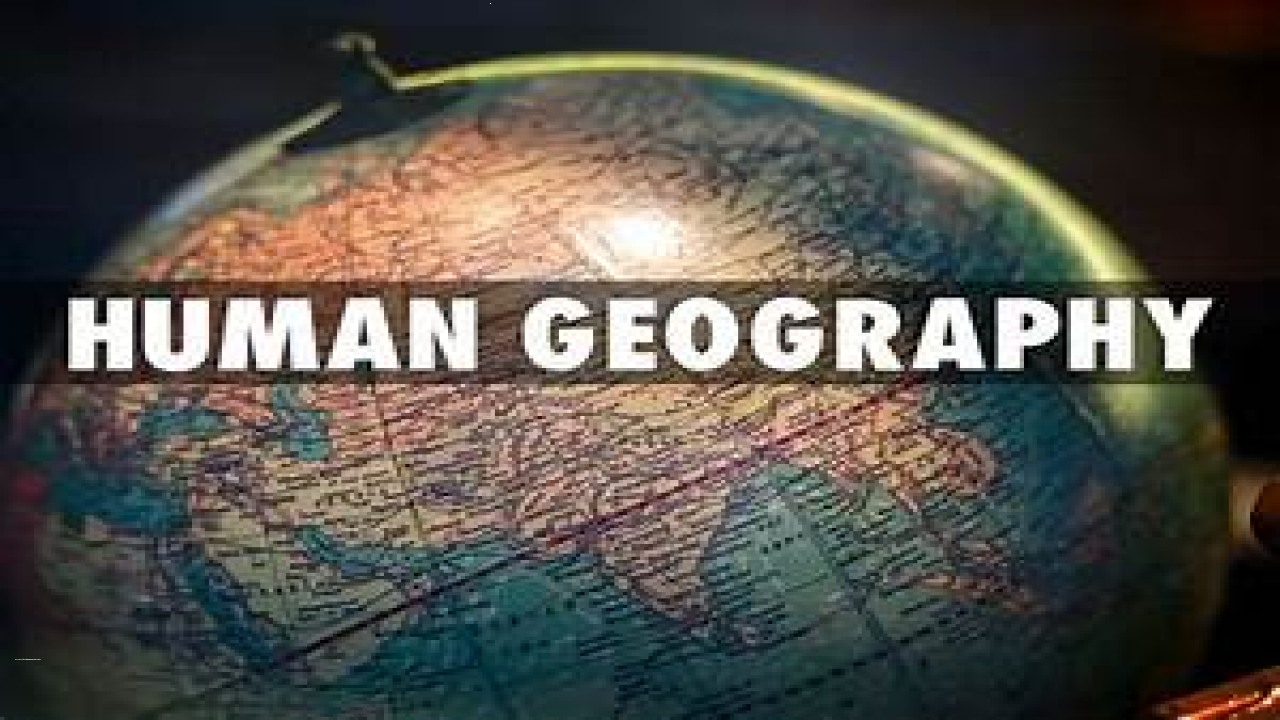Perspectives in Human Geography
Human geography is the branch of geography that studies the relationship between humans and their environment. It is a multifaceted discipline that encompasses a wide range of theoretical and methodological approaches. Perspectives in human geography refer to the different ways in which scholars approach the study of human-environment relationships. Understanding the various perspectives in human geography is essential in developing a comprehensive understanding of the complex relationship between humans and their environment.
Meaning and History of Human Geography
Human geography is the branch of geography that studies the relationship between humans and their environment. It encompasses a wide range of topics, including population geography, economic geography, cultural geography, and political geography. The origins of human geography can be traced back to ancient civilizations, where scholars studied the relationship between humans and their environment through observations and descriptions.
Types of Perspectives in Human Geography
- Behavioral Geography: Behavioral geography is a perspective in human geography that emphasizes the study of human behavior and decision-making in relation to the environment. This perspective draws on insights from psychology and sociology to understand how individuals and groups interact with their environment.
- Cultural Geography: Cultural geography is a perspective in human geography that emphasizes the study of human culture and its relationship with the environment. This perspective draws on insights from anthropology and sociology to understand how culture shapes the way humans interact with their environment.
- Feminist Geography: Feminist geography is a perspective in human geography that emphasizes the study of gender and its relationship with the environment. This perspective draws on insights from feminist theory to understand how gender shapes the way humans interact with their environment.
Examples of Perspectives in Human Geography
- Behavioral Geography: Behavioral geography can be seen in studies that analyze how individuals make decisions about where to live, work, and play based on their perceptions of the environment. For example, studies have shown that people are more likely to move to areas with more green spaces and less pollution.
- Cultural geography can be seen in studies that analyze how different cultural groups interact with their environment. For example, studies have shown that indigenous Cultural Geography: peoples often have a deep spiritual connection to the land and use traditional ecological knowledge to manage natural resources.
- Feminist Geography: Feminist geography can be seen in studies that analyze how gender shapes the way humans interact with their environment. For example, studies have shown that women often have different experiences and perceptions of the environment than men, and that gender inequalities can contribute to environmental degradation.
Perspectives in Human Geography Issues
- Interdisciplinary Collaboration: Human geography is an interdisciplinary field that requires collaboration across different disciplines, such as geography, anthropology, sociology, and psychology. Collaborating across disciplines can be challenging due to differences in theoretical and methodological approaches.
- Power Relations: Power relations are a significant issue in human geography. Some groups, such as indigenous peoples and women, may be marginalized and have less power in decision-making processes related to the environment.
- Ethical Concerns: Ethical concerns are a significant issue in human geography, particularly in studies that involve human subjects. Ensuring that research is conducted ethically and with respect for human rights is crucial.
Strategies for Effective Perspectives in Human Geography
- Interdisciplinary Collaboration: Collaborating across disciplines is essential in developing comprehensive perspectives in human geography. By bringing together scholars from different fields, we can develop a more nuanced understanding of human-environment relationships.
- Participatory Approaches: Participatory approaches involve engaging with local communities and stakeholders in the research process. By involving local communities in research and decision-making processes, we can ensure that their voices are heard and their needs are addressed.
- Ethical Research Practices: Ethical research practices are crucial in conducting research that is respectful of human rights and promotes social justice. Ensuring that research is conducted ethically, with the consent of participants, and with respect for their privacy and confidentiality is essential.
- Critical Reflection: Critical reflection involves reflecting on the values, assumptions, and biases that shape our research and perspectives. By critically reflecting on our own perspectives, we can develop a more nuanced understanding of human-environment relationships and avoid reproducing existing power imbalances.


